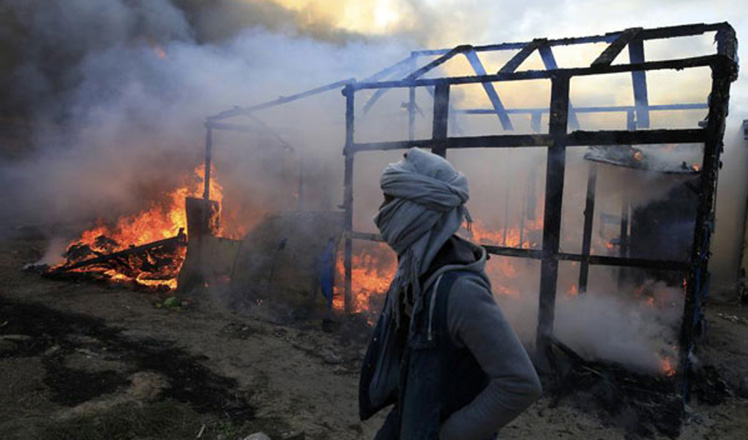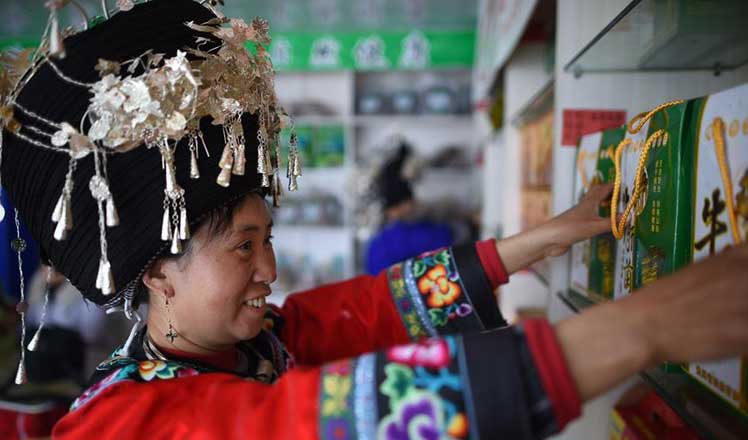Govt cuts red tape to aid growth
Updated: 2016-03-03 08:10
By Hu Yongqi(China Daily)
|
||||||||
The central government streamlined the administrative approvals process last year, with 453 items canceled or adjusted, to facilitate applications and boost efficiency in economic development.
The streamlining includes cancellation of administrative approvals, nonadministrative permissions, and professional qualifications, aiming to relieve the burdens for companies, individuals and other legal entities.
Last year saw the State Council, China's Cabinet, cancel 258 nonadministrative permissions known as "gray areas"-which were required by some government departments though they had no basis in laws or regulations.
Meanwhile, 230 administrative approvals, which had been delegated to local governments, were canceled.
By the end of last year, 31 provinces, municipalities and autonomous regions had released lists of their responsibilities, clearly defining what governments can and cannot do, which complied with the guideline for accountability and transparency issued by the State Council last March.
The State Council has combined some redundant certificates. For example, restaurants used to be required to apply for two certificates-the food service permit issued by the China Food and Drug Administration and the health permit for public areas issued by the National Health and Family Planning Commission-before they started to provide service to customers.
The country has 2.4 million restaurants, employing 14 million workers. To relieve the burden on restaurants, the CFDA and the commission decided to combine the two certificates into one that takes less time for approval and inspections.
In addition to proposals by the National People's Congress and the Chinese People's Political Consultative Conference, media reports and enterprises, Horizon Research Consultancy Group gave suggestions on what administrative approval procedures should be canceled after conducting research, face-to-face inquiries and expert assessments.
Zhang Fucheng, a professor of public management at Renmin University of China, said simplifying the process balances the relationships between government and the market, government and the public and within government departments with overlapping powers.
Governments should do what the market cannot and let the market do what it can, he said, adding that the government should intervene less through a simpler approval process.
- Israeli army kills two Palestinian infiltrators
- Space station crew end record US spaceflight
- ROK conducts drill for WMD carried by DPRK ships
- EU to propose emergency humanitarian aid to Greece
- Cuba intensifies fight to fend off Zika virus
- UN chief calls for 'prompt, impartial' probe into airstrike on Yemeni market

 China's first large passenger plane poised for maiden flight
China's first large passenger plane poised for maiden flight
 Clashes break out as France begins clearing Calais migrant camp
Clashes break out as France begins clearing Calais migrant camp
 Top 10 cities with most billionaires in 2016
Top 10 cities with most billionaires in 2016
 Milan Fashion Week: Dolce & Gabbana Autumn/Winter 2016 collection
Milan Fashion Week: Dolce & Gabbana Autumn/Winter 2016 collection
 Top moments from Oscars 2016
Top moments from Oscars 2016
 China Daily weekly photos: Feb 20-26
China Daily weekly photos: Feb 20-26
 People view plum blossoms at scenic area in E China
People view plum blossoms at scenic area in E China
 Rural e-commerce developed to promote local products in SW China
Rural e-commerce developed to promote local products in SW China
Most Viewed
Editor's Picks

|

|

|

|

|

|
Today's Top News
What ends Jeb Bush's White House hopes
Investigation for Nicolas's campaign
Will US-ASEAN meeting be good for region?
Accentuate the positive in Sino-US relations
Dangerous games on peninsula will have no winner
National Art Museum showing 400 puppets in new exhibition
Finest Chinese porcelains expected to fetch over $28 million
Monkey portraits by Chinese ink painting masters
US Weekly

|

|








